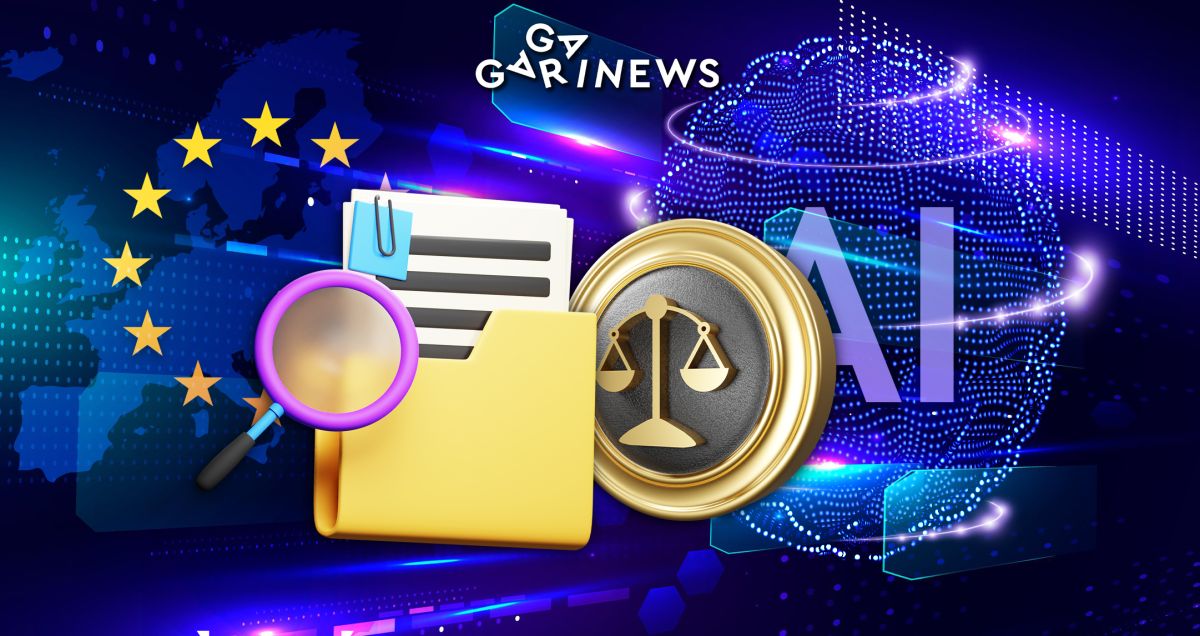EU Advances Bill to Regulate AI

As controversies surrounding the use of copyrighted material by artificial intelligence (AI) tools continue to gain attention, the European Union (EU) has responded by advancing a draft bill to regulate the technology and its developers.
On this page
On April 27, EU legislators voted in favor of the bill, which will undergo further deliberations before final details are established. The bill proposes classifying AI tools according to risk levels, ranging from minimal and limited to high and unacceptable. High-risk tools will not be banned outright but will face stringent transparency requirements. Generative AI tools, such as ChatGPT and Midjourney, will be obligated to disclose the use of copyrighted materials in their training processes.
Svenja Hahn, a European Parliament deputy, sees the bill as a balanced approach between excessive surveillance and protective regulation that fosters innovation and economic growth. The legislation is part of the EU's Artificial Intelligence Act, first proposed as draft rules nearly two years ago.
In the same week, European think tank Eurofi, which includes public and private sector enterprises, released a magazine edition featuring a section on AI and machine learning applications in the EU's financial sector. The section comprised five mini-essays discussing AI innovation and regulation, with a particular focus on the financial industry and the upcoming Artificial Intelligence Act.
Georgina Bulkeley, director for EMEA financial services solutions at Google Cloud, emphasized the importance of proper regulation in AI, stating, “AI is too important not to regulate. And, it’s too important not to regulate well.”
The content on The Coinomist is for informational purposes only and should not be interpreted as financial advice. While we strive to provide accurate and up-to-date information, we do not guarantee the accuracy, completeness, or reliability of any content. Neither we accept liability for any errors or omissions in the information provided or for any financial losses incurred as a result of relying on this information. Actions based on this content are at your own risk. Always do your own research and consult a professional. See our Terms, Privacy Policy, and Disclaimers for more details.


























